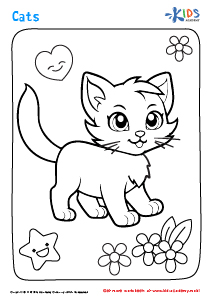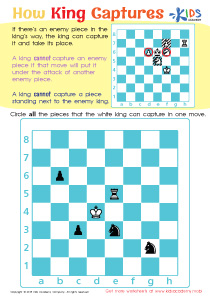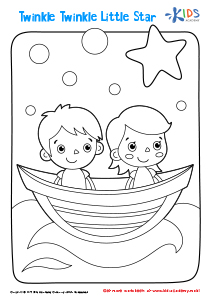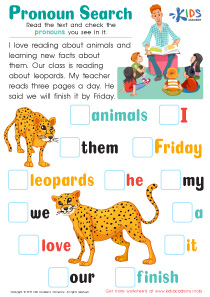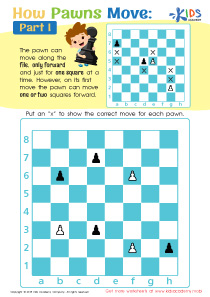Easy Number Stories - 1 Less Quizzes for Ages 3-4
1 results
1 filtered results
Clear all filters1 filtered results
-
From - To
Introducing our engaging Easy Number Stories - 1 Less, meticulously crafted for curious minds aged 3-4! Dive into a world of interactive quizzes that bring numbers to life through delightful stories. This unique learning experience is designed to gently challenge your child, reinforcing their understanding of the concept of '1 less' in the most enjoyable way. As they navigate through each quiz, immediate feedback is provided, creating a supportive environment for learning and growth. Perfect for preschoolers, our Easy Number Stories - 1 Less ensures a fun, educational activity that keeps young learners eager and excited to discover more about numbers.
In the world of early childhood education, finding the right tools to engage young minds and pave the way for a lifelong love of learning is crucial. One exceptional resource that stands out for both parents and educators is the introduction of Easy Number Stories - 1 Less for Ages 3-4. These interactive quizzes have been meticulously designed to cater to the learning needs and curiosity of preschoolers, offering a blend of fun, engagement, and educational value that is hard to match.
Understanding the fundamental concepts of numbers and arithmetic is essential in the early stages of a child's development. It sets the groundwork for all future mathematical learning. However, teaching these concepts in a way that resonates with three to four-year-olds can be challenging. This is where Easy Number Stories - 1 Less for Ages 3-4 comes into play, transforming the learning process into an enjoyable journey filled with stories, characters, and interactive quizzes that capture the imagination of young learners.
These interactive quizzes are not just any ordinary educational tools. They are crafted with the understanding that children at this age learn best through play and stories. By integrating the concept of '1 less' into engaging number stories, children are able to grasp this mathematical idea in a context that makes sense to them. It's a method that allows children to see numbers as part of a narrative, making the abstract concept of subtraction more concrete and understandable.
One of the key benefits of Easy Number Stories - 1 Less for Ages 3-4 is the interactive nature of the quizzes. Interactive learning is known to enhance engagement, and when children are engaged, they are more likely to absorb and retain information. These quizzes invite children to participate actively in the storytelling process, making choices, and seeing the outcomes of their decisions. This hands-on approach fosters not only mathematical skills but also critical thinking and problem-solving abilities.
Furthermore, the use of storytelling in teaching '1 less' helps in developing a child's language and literacy skills alongside their numerical understanding. As they follow along with the stories, children practice listening, comprehension, and even begin to recognize written numbers and words associated with the quizzes. It's a holistic approach to learning that supports multiple areas of development.
For parents and educators, Easy Number Stories - 1 Less for Ages 3-4 offers convenience and peace of mind. The quizzes are easily accessible and can be incorporated into a child's daily routine without overwhelming them or requiring extensive preparation. Whether used in the classroom to complement teaching methods or at home as a fun educational activity, these interactive quizzes provide valuable learning opportunities that are both flexible and effective.
In conclusion, Easy Number Stories - 1 Less for Ages 3-4 are a remarkable resource for introducing young children to the concept of subtraction and numbers in general. Through engaging stories and interactive quizzes, they make learning accessible, enjoyable, and impactful for children at a crucial stage in their educational journey. By fostering a positive and interactive learning environment, these tools not only support the development of mathematical skills but also contribute to a broader set of cognitive and social abilities, laying a strong foundation for future learning.
